There is no any single food item or its constituents that can cure cancer, but a number of evidence based studies have shown the positive role of leafy vegetables, fresh fruits, whole grains, beans and legumes in reducing the risk of developing many types of cancers. Let us discuss some wise choices.

Cancer Fighting Foods to Include in Your Daily Diet
Cruciferous vegetables
Cruciferous vegetables include broccoli, Brussel sprouts, cabbage, cauliflower, kale, radish, turnip, watercress, bok choy, etc. These vegetables contain sulfur-containing compounds called glucosinolates that promote detoxification of free radicals and thereby reduces the risk of colon, rectal, breast and prostate cancers by inhibiting the growth of neoplastic cells.
Tea products
Tea consists of polyphenols, a large group of plant chemicals which contains antioxidants such as catechins and flavonoids. These chemicals prevent free radical induced DNA damage by scavenging these reactive oxygen ions and also retard the process of angiogenesis and tumor cell proliferation. Although both black and green tea products contain these antioxidants, the latter is more beneficial in fighting against cancers.
Ginger
This flavored spice has been found to prevent a wide variety of cancers by its anticancer properties. It works by up-regulating a pro-apoptosis gene that kills the tumor cells and down-regulating the cancer-promoting genes and proteins. Several studies have confirmed that ginger extract is one of the cancer-fighting foods that have a remarkable effect against colon, rectal, liver, pancreatic, lung, prostate and breast cancers etc. Unlike chemotherapy and radiations, ginger extract has selective cytotoxicity against cancer producing cells without any damage to the normal cells. Furthermore, development of resistance to natural ginger extract is less likely as compared to the conventional chemotherapeutic drugs in cancer patients. This may be because of its antineoplastic action mediated by several pathways.
Berries
All kind of berries, especially black raspberries, are rich in cancer-fighting nutrients that halt tumor cells growth and spread. They contain vitamin C, fiber, vitamin A, Ellagic acid, anthocyanins, and folate. All of these compounds work together to combat premalignant cells and trigger their apoptosis. Moreover, Ellagic acid present in these berries possesses anti-estrogenic properties due to which they are especially effective against certain breast cancers.
Walnuts
Munching two handfuls of walnuts each day have been shown to lower the risk of breast cancer development and growth. They contain several potent cholesterol-like molecules that act by blocking estrogen receptors in breasts that may induce cancer cells. Moreover, these unique compounds also fight against prostate cancer by lowering the levels of IGF-1, a key hormone that promote tumorigenesis.
Beans
Beans, particularly black and red kidney beans, cut the risk of colon cancer by half. They consist of high concentrations of fatty acid butyrate and are an excellent source of fiber. These phytonutrients have a protective effect against colon and breast cancer.
Whole grains
Whole grains food items include whole wheat bread, cereals, pasta, brown rice, whole-grain oat cereals, oatmeal, barley, tortillas, corns, roasted buckwheat etc. These are an outstanding source of fiber, vitamins, minerals and various antioxidants that are directly linked to lowering the cancer risk. According to the American Institute for Cancer Research, phytonutrients such as phenols, lignans (a type of phytoestrogen) and saponin prevent damage to the cells that may lead to cancers including colon and rectal types.
Tomatoes
This juicy fruit is the epitome of cancer-fighting foods. It contains vitamin A, C, E and lycopene antioxidant, all of which retard the growth of tumor cells. According to a American Association of Cancer research, tomato is an important food choice for prostate cancer patients as lycopene and its related chemical compounds tend to accumulate in prostate tissue. It has also been shown to fight against endometrial, lung and stomach cancers.
Dark Green Leafy Vegetables
Vegetables such as spinach, romaine lettuce, leaf lettuce, chicory, Swiss chard, collard green, mustard green etc. are rich in fiber, folate, and carotenoids. The anticancer carotenoids include lutein, zeaxanthin, saponins and flavonoids. These chemicals not only prevent a wide range of cancers by acting as antioxidants but also kill the neoplastic cells. Various studies have shown the positive association of carotenoids and prevention of breast, skin, lung and stomach cancers.
Grapes
Both grapes and grape juice contains phytochemical called resveratrol which has a powerful antioxidant and anti-inflammatory action. It has been shown in several studies that resveratrol prevents cell damage that may lead to cancer. It slows down the cancer development during all the three stages of initiation, promotion, and progression.
Garlic
Garlic is used in a variety of cuisines because it gives a unique taste and flavor. It contains certain anti-tumor compounds such as flavonoids, inulin, and saponins. In addition, it also detoxifies pathogenic and carcinogenic substances by promoting growth of beneficial gut microflora.
Vitamin D containing foods
Vitamin D not only helps in calcium absorption but is also effective against the development of cancer cells. According to the American Association for Cancer Research, Vitamin D intake reduces the risk of breast cancer by half and also raises the survival rate among patients with lung cancer. Amongst the cancer-fighting foods that are rich in Vitamin D are milk, free range eggs and seafood items such as shrimps, cod, and salmon.
Which Food Items Should Be Avoided?
Bad choices of food can cause production of free radicals that lead to cell damage. Try to avoid all those food items that possess mutagenic or carcinogenic potential. These include:
Foods rich in saturated fats such as animal butter, red meat or processed cheese
Any deep fried item that causes the formation of carcinogenic byproducts such as heterocyclic amines and polycyclic aromatic hydrocarbons should not be taken
Excess consumption of alcohol may lead to mouth, esophageal and breast cancer
Processed food such as bacon, ham, sausages contains high conc
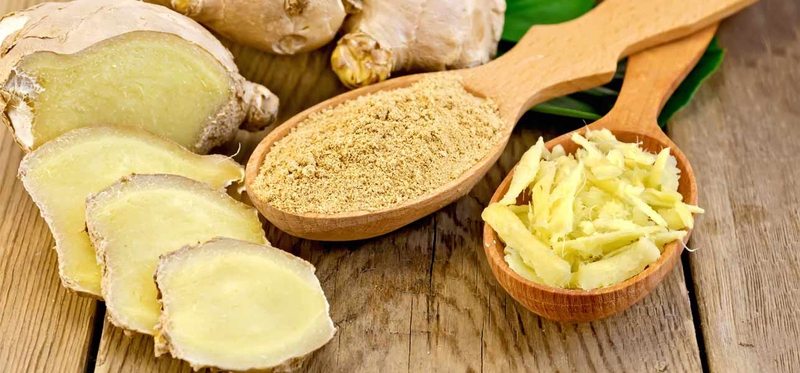
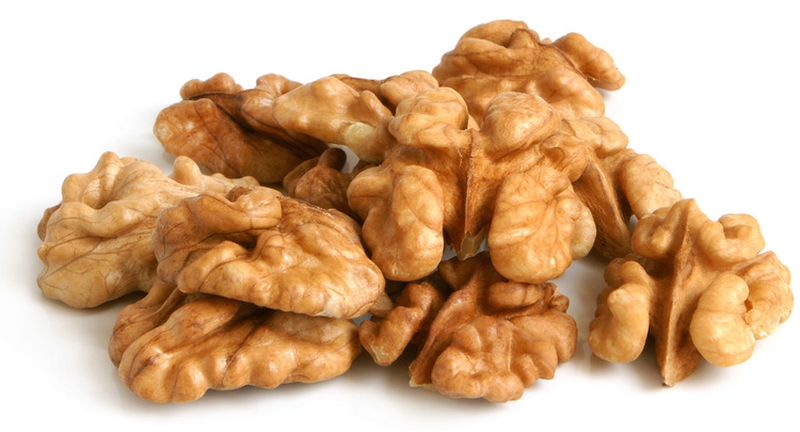
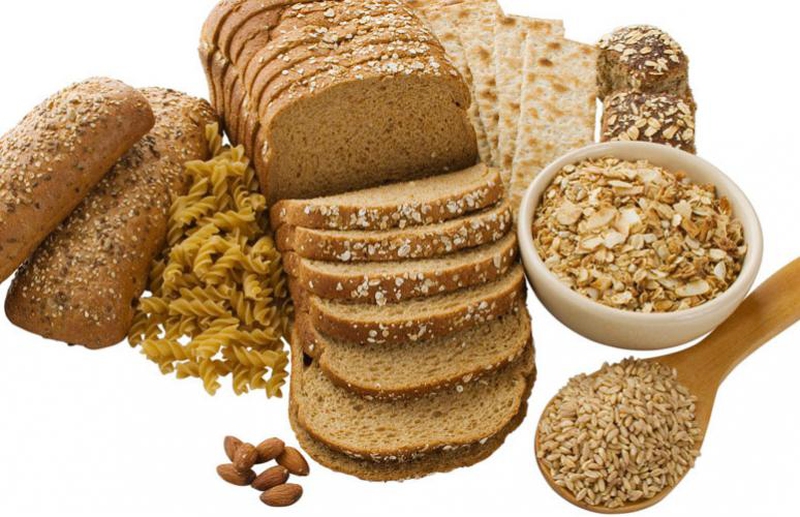
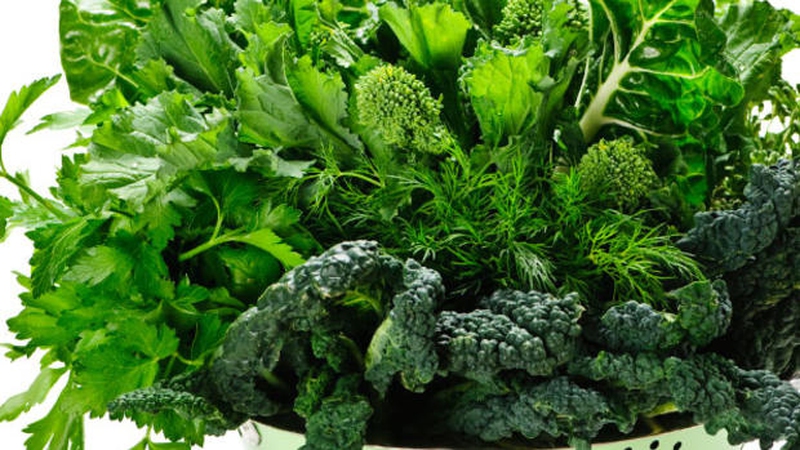
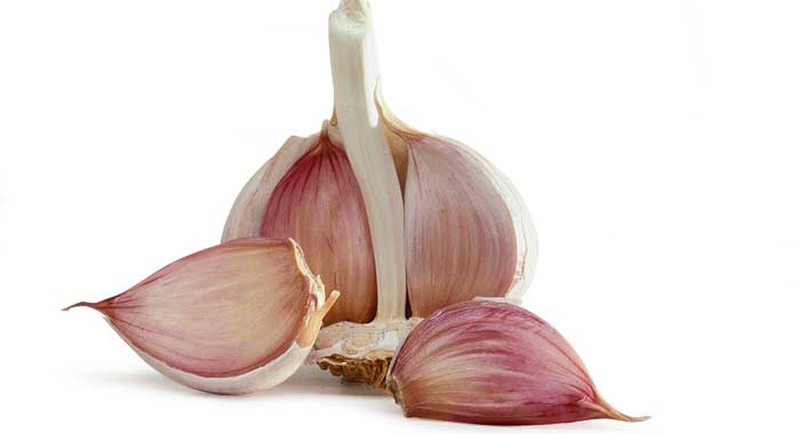
View All Comments /Add Comment